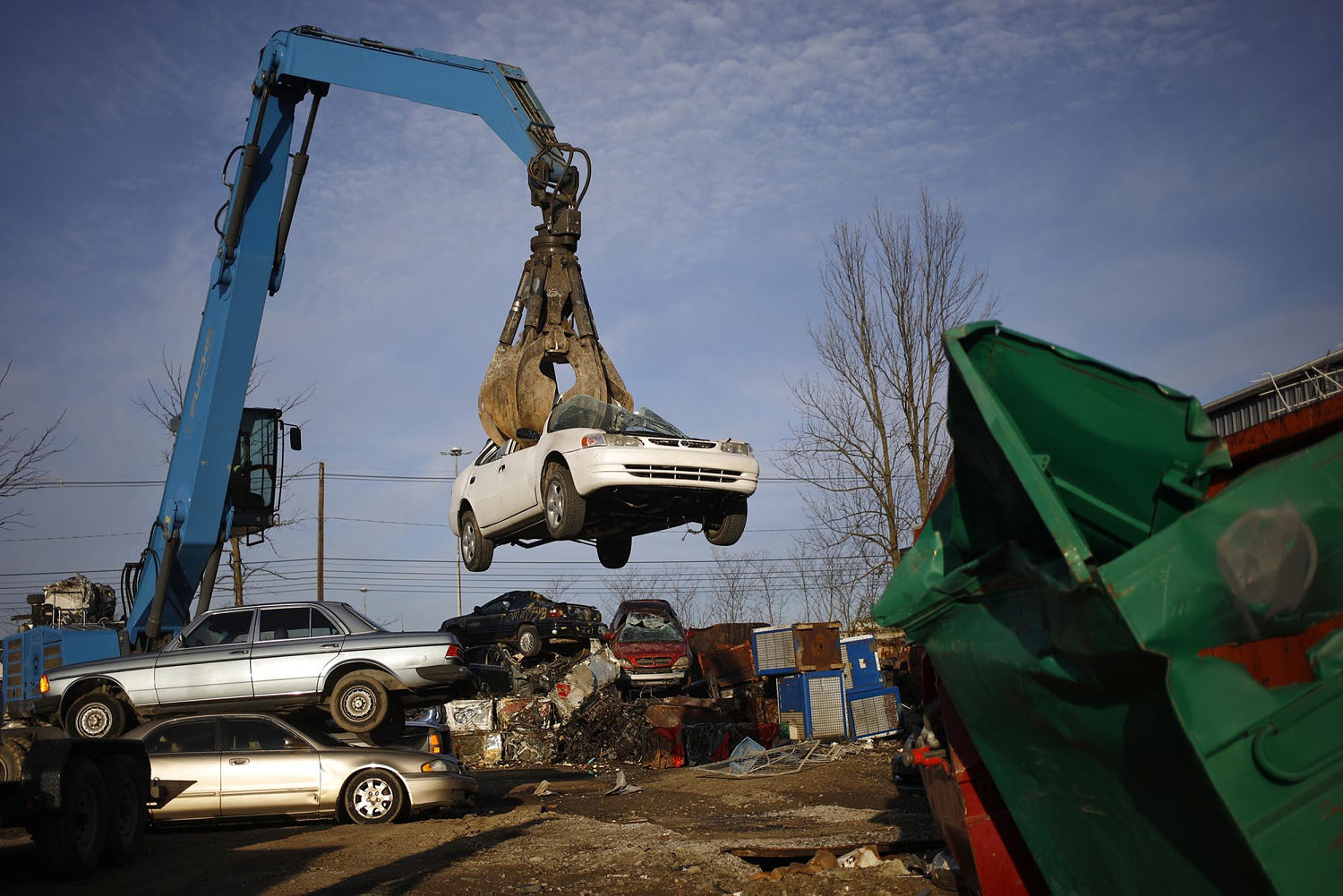The escalating trade dispute, fueled by tariffs on steel and aluminum, has created a mixed bag of emotions within the metal recycling industry. While some companies anticipate a temporary boost in domestic demand due to increased costs for imported materials, the looming threat of retaliatory tariffs from other nations casts a shadow of doubt over their prospects.
Experts warn that these countermeasures, designed to penalize U.S. exports, could severely impact the recycling sector. A decline in foreign demand for recycled metals would lead to a surplus in the domestic market, driving down prices and potentially harming businesses that rely on exports.
"The initial tariffs might seem beneficial on the surface, but we need to consider the bigger picture," said industry analyst Sarah Chen. "If our trading partners respond with their own tariffs on U.S. goods, the recycling industry could suffer significant losses." The situation highlights the complex and interconnected nature of global trade, where even seemingly localized policies can have far-reaching consequences. Recyclers are now closely monitoring international developments, hoping for a resolution that avoids a full-blown trade war and protects their long-term interests.
Recyclers Fear Tariff Rebound Amid Trade Tensions

Metal recycling companies are facing uncertainty as retaliatory tariffs escalate. While some businesses could initially profit from tariffs on imported steel and aluminum, industry experts worry about the long-term effects. Foreign countries are likely to impose countermeasures, which could significantly reduce the demand for recycled metals. This could offset any short-term gains, leaving recyclers vulnerable to a global trade war.
Source: Read the original article at NBC